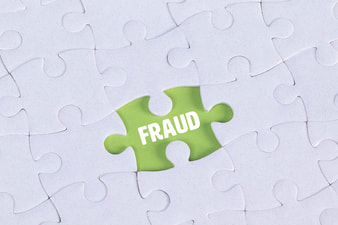On the Write SideWriting and reading in community:
I share my observations and experiences on writing, reading and listening. Venues include: open mics, Zoom readings, workshops, publications, book clubs and beyond... because everything has a story, it is open for interpretation. |
 The last post I wrote and almost published was in March 2018 when I went to an Association of Writers and Publishers (AWP) conference in Florida. I was fortunate to be on a panel discussion along with with Literary Laureate, Nikia Chaney, author of Us Mouth, Allyson Jeffredo author of Songs After Memory Fractures, CSUSB Professor Julie Paegle, author of Twelve Clocks who had been nominated for a Pulitzer Prize and Isabel Quintero author of the award-winning book, Gabby, A Girl in Pieces. Gratefully, I know them all as kind, authentic, giving people who happen to love reading and writing – so I felt included and there was no judgment on whether I should be a panel member. Everyone else had an MFA – and though I have an M.Ed. I felt like I was missing a membership card. It wasn’t anything anyone said or did. No one looked at me with the attitude of – we just included you because you fit some needed visual requirement – like being another woman to round out the panel. It was a great experience in many ways – too many to write about in this one post. Truth be told, I always feel a bit inadequate on panels… what helps me push through is the group Women Who Submit. We recognize and talk about the imposter syndrome – which we acknowledge as a very real thing, as real as a person sitting in a room pointing at you – accusing you of pretending to know how to write. You couldn’t possibly be a writer. Who do you think you are? If you think anyone thinks you are a writer, you are fooling yourself… you are an imposter! According to Psychology Today it is “more prevalent among women, and specifically women of color… and there is not an official psychiatric diagnosis in the DSM for it. Ironically, the title of our panel discussion was Re-defining a Writer’s Success. We came equipped with our own personal experiences of the joy in writing and celebrating our craft first and being mindful of why we write. One of the most pertinent pieces of advice from a panel member was – don’t be afraid to fail. Yes, in WWS we embrace our “rejections” and share them as we share our “acceptances”. It removes some of the sting out of hearing “no”. We do not feel so isolated; it reminds us that it is part of the process and something we all go through. I say we, as though it is something I have been doing. I only started sharing my rejections this year, this month. Before then, I was an observer – but learning perseverance and admiring the process. It is taking me a while to embrace the “no” but watching and learning and taking baby steps helps to stomp out the imposter syndrome. Embracing rejection is now part of my definition of writing success. There are people who count their rejections as a way of letting them know they are doing part three of the hard part of writing: creating-editing-submitting. So, here I am submitting a post for the first time in three years. I am not sending it out to an editor or publisher. Here I get to wear all three hats and the role of editor is the most difficult. Finding the balance is a job unto itself. Some days, I feel like I have the heart of what I want to say completed and my "inner editor" will just allow me to submit a sloppy final paragraph. That is what happened yesterday, and then when I went back and read this post today I was mortified. The highly critical "inner editor" went to work and for a moment I almost took this post down too. But here we are, not perfect - but better and submitted. Note: If you feel you struggle with imposter syndrome, here is a brief article Feeling Like a Fraud? by Kristen Weir and published by the American Psychological Association.
8 Comments
|
Categories
All
Archives
November 2021
|

 RSS Feed
RSS Feed